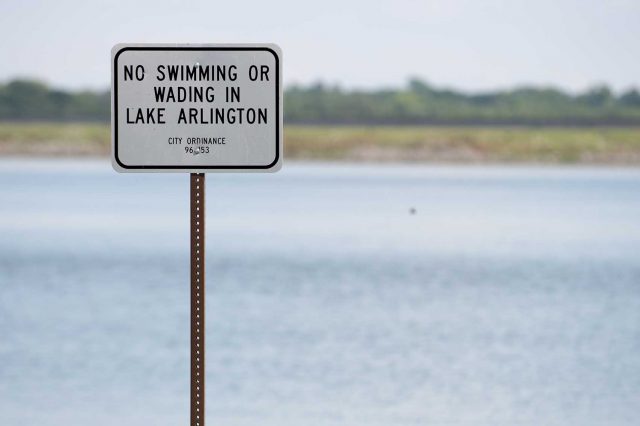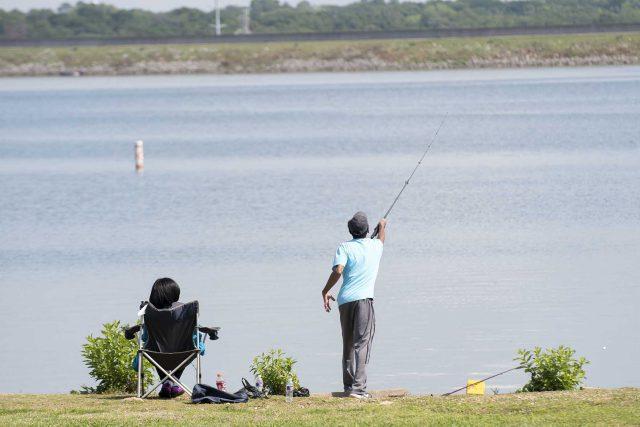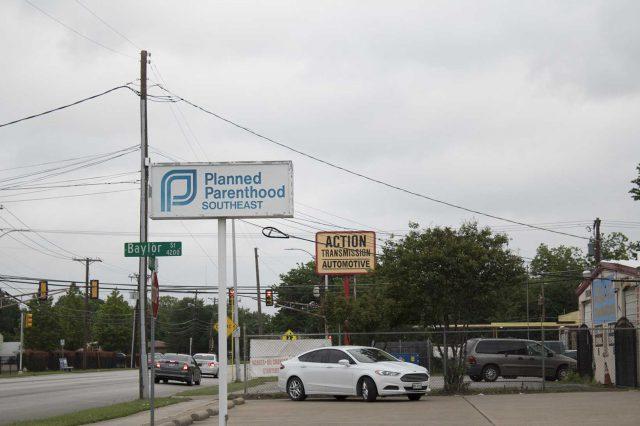By Katelyn Needham/editor-in-chief
Over 1,200 Tarrant County residents have signed an online petition to stop the Texas Railroad Commission from approving a proposed injection well by Lake Arlington.
An Oklahoma-based energy company Bluestone Natural Resources II applied for a permit to drill a saltwater disposal well, or injection well, in the city of Fort Worth. Both the cities of Arlington and Fort Worth have protested the well.
“Injection wells are used to bury toxic wastewater that comes from the hydraulic fracturing process,” said Ranjana Bhandari, founder of Liveable Arlington, which is organizing the petition drive. “This water is full of contaminants and toxic chemicals. It is so toxic we don’t know how to clean, recycle and use it, so we have to bury it.”
Livable Arlington is working to raise awareness about the well and inform people of the possible repercussions it could have. They have already collected and sent more than 1,000 protest letters.
“I think they [Bluestone] should respect the judgment of the cities of Arlington and Fort Worth who have been very friendly to gas drillers,” Bhandari said. “The wells shouldn’t be put in highly populated areas or close to a major infrastructure like the water supply for half a million people.”

Lake Arlington holds 13 billion gallons of water, according to the city of Arlington. It is the sole source of untreated water for Arlington’s Pierce Burch Water Treatment Plant, which produces 76 million gallons of treated water each day for more than 380,000 residents in Arlington.
The lake is also the sole water source for the Trinity River Authority’s Tarrant County Water Supply Project, which provides water to cities like Bedford, Colleyville, Euless, Grapevine and North Richland Hills.
Overall, it is estimated that Lake Arlington provides water to 500,000 North Texas residents.
Bluestone did not return phone calls seeking comment, but in a statement the company released, it said the well meets strict Railroad Commission guidelines, and the well itself would be up to 11,600 feet underground. The deepest freshwater zone is about 2,000 feet below surface.
Bluestone also said approving the permit would cut down truck traffic in the area because only local sites will use the well.
The construction of the Joe Pool Dam is similar to that of the Lake Arlington Dam, according to the city of Arlington.
The U.S. Army Corps of Engineers conducted a study on injection wells and drilling at Joe Pool Dam. They found injection wells are at high risk where dams are concerned and recommended they be placed at least 16,400 feet away from the dam.
The Lake Arlington well would be 9,300 feet away from the dam, according to Arlington’s Community Development and Planning Department.
“The loss of this vital water supply by failure of Lake Arlington Dam would be disastrous to the community,” wrote Walter “Buzz” Pishkur, director of Arlington water utilities.
The Railroad Commission can sidestep the ordinances of Fort Worth and Arlington due to a state law that was passed in 2015. House Bill 40 was passed as a direct result of Denton’s ban on fracking. The law restricts a city’s ability to regulate drilling.
“One, from a legal and legislative standpoint, it’s going to pose a very interesting test as concerned with HB40,” said Jim Bradbury, a Fort Worth environmental attorney who helped write the city’s drilling ordinances. “There hasn’t been near enough scientific study on these materials, just a general presumption that it will all work out, so I have concerns.”
In response to the protests, a hearing is scheduled for May 24-25. State Rep. Chris Turner and Livable Arlington have asked the hearing be moved from Austin to Arlington.
“I believe the RRC hearing process must include the testimony of those who will be impacted, and to accomplish that, a hearing should be held in our community,” Turner said in a letter to Texas Railroad Commission director Randall Collins.
Livable Arlington made a website, savelakearlington.org, to inform people on the well and its possible effects. There is also an online petition for residents of Tarrant County to sign, https://actionnetwork.org/petitions/protect-lake-arlington.
“People can sign the online petition or write their own letter to the Railroad Commission,” Bhandari said. “They can also write their state representative in Austin for two things, to speak up against the well and have the hearing moved here.”

































